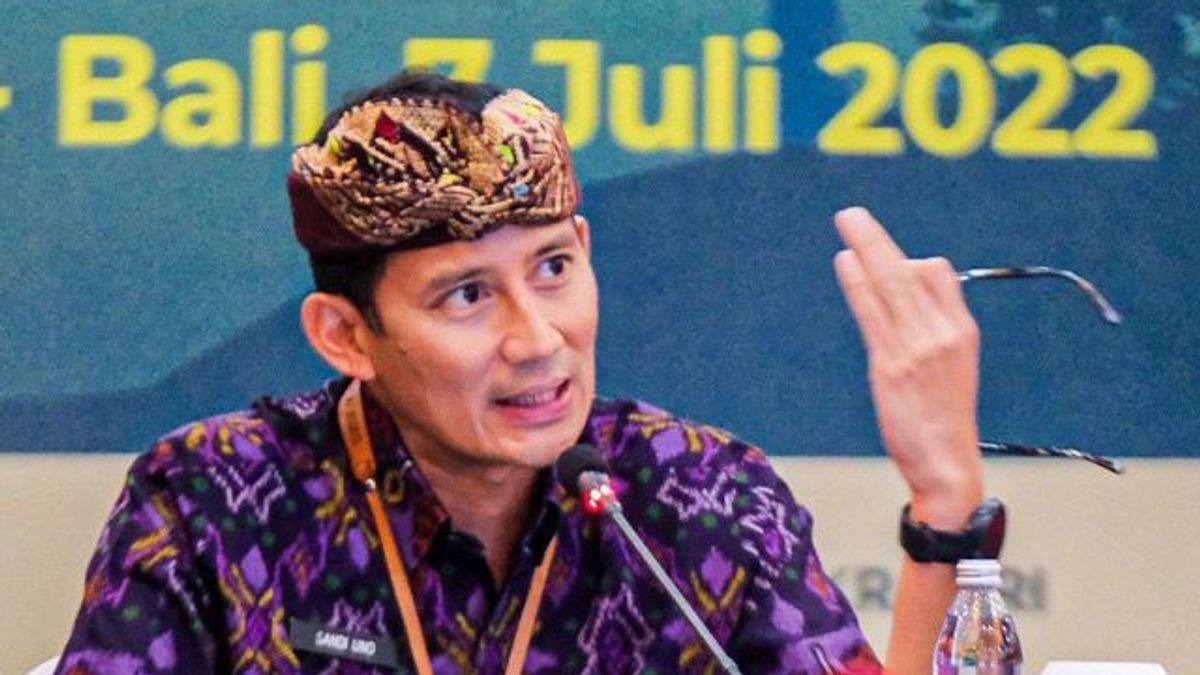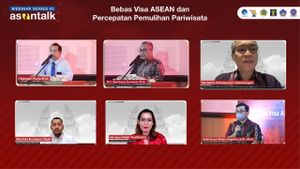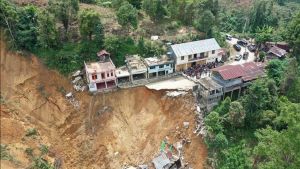JAKARTA - Minister of Tourism and Creative Economy Sandiaga Uno stated that handling food waste can solve the community's economic problems.
"If you look at it, it is very ironic, the price of chili is expensive, food is expensive, but we are wasting it here. Therefore, there must be a change in behavior," he said while attending a Focus Group Discussion (FGD) on Food Waste Management in the Tourism Industry at The Patra Bali Resort & Villas, Bali, through an official statement, quoted from Antara, Friday, July 8.
Based on data from The Economist Intelligence, Indonesia is one of the largest food waste producing countries in the world besides Saudi Arabia and the United States.
This note is supported by the results of a study by the Ministry of National Development Planning (Bappenas) with a number of institutions regarding the results of a comprehensive study related to Food Loss and Waste (FLW) in Indonesia in 2021.
According to a study by Bappenas, food waste that was wasted in Indonesia from 2000 to 2019 reached 23-48 million tons per year or the equivalent of 115-184 kilograms per capita per year.
"The magnitude of the intensity of food that is wasted as waste certainly has an impact on several sectors such as the economy, social and environment. As a result of this food waste, the country at least suffers an economic loss of IDR 213 trillion - IDR 551 trillion per year or equivalent to 4-5 percent ofIndonesia's Gross Domestic Product," said the Minister of Tourism and Creative Economy.
Through the FGD, it is expected to create solutions and steps to deal with food waste (food loss and waste) in the tourism industry in an effort to realize sustainable tourism.
The Ministry of Tourism and Creative Economy is said to be committed to actively participating in addressing climate change issues, one of which is by holding a Food Waste Management FGD in the tourism industry based on President Joko Widodo's direction at the G20 Summit. Rome, Italy.
VOIR éGALEMENT:
Through the G20, Indonesia intends to be an example in tackling climate change and environmental management in a sustainable manner with concrete actions.
"Today we are starting a new step that is completely all out, we are total to handle sustainable tourism," said Sandiaga.
He also hopes that all stakeholders in the tourism industry, consisting of hotel, restaurant and cafe tourism businesses, as well as the government, academics, media, and non-governmental organizations (NGOs) will play a role in handling food waste in Indonesia.
The English, Chinese, Japanese, Arabic, and French versions are automatically generated by the AI. So there may still be inaccuracies in translating, please always see Indonesian as our main language. (system supported by DigitalSiber.id)












